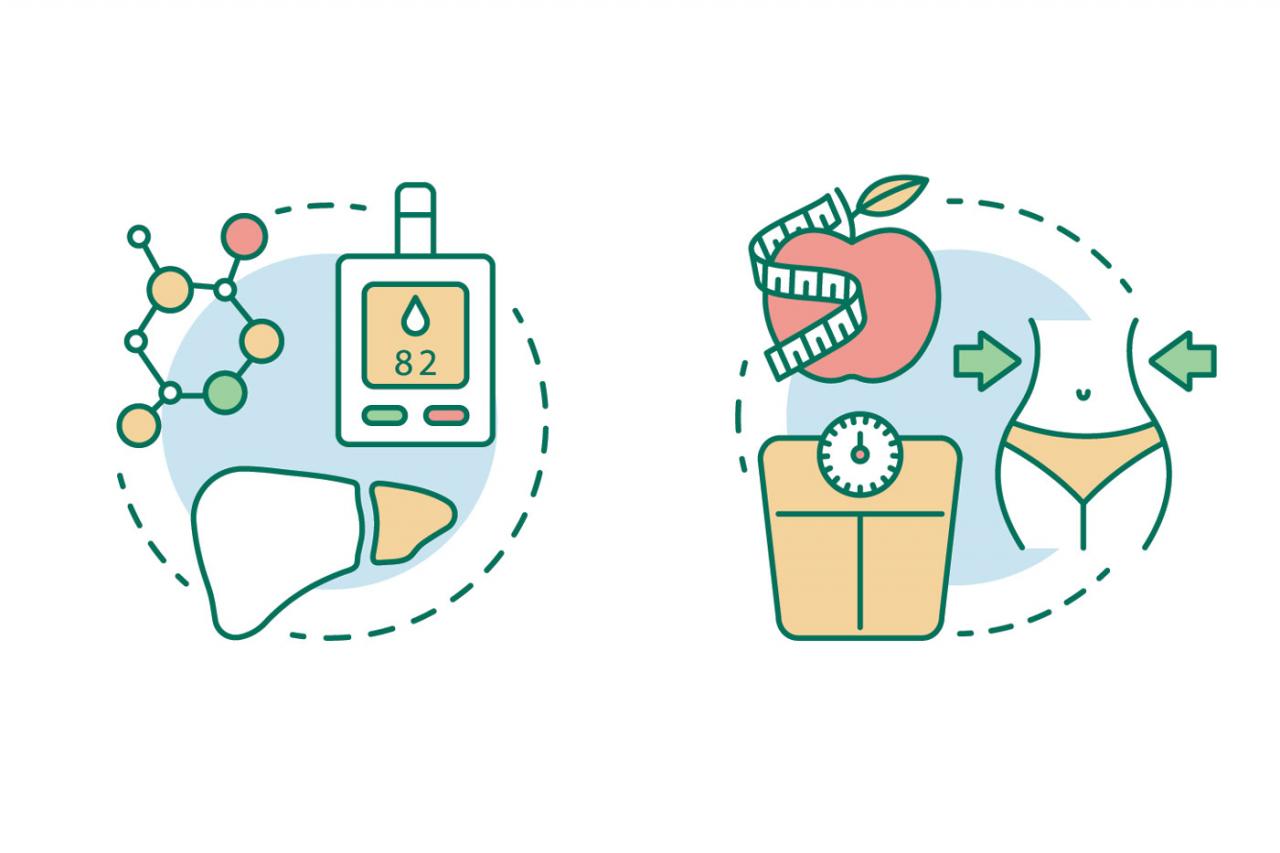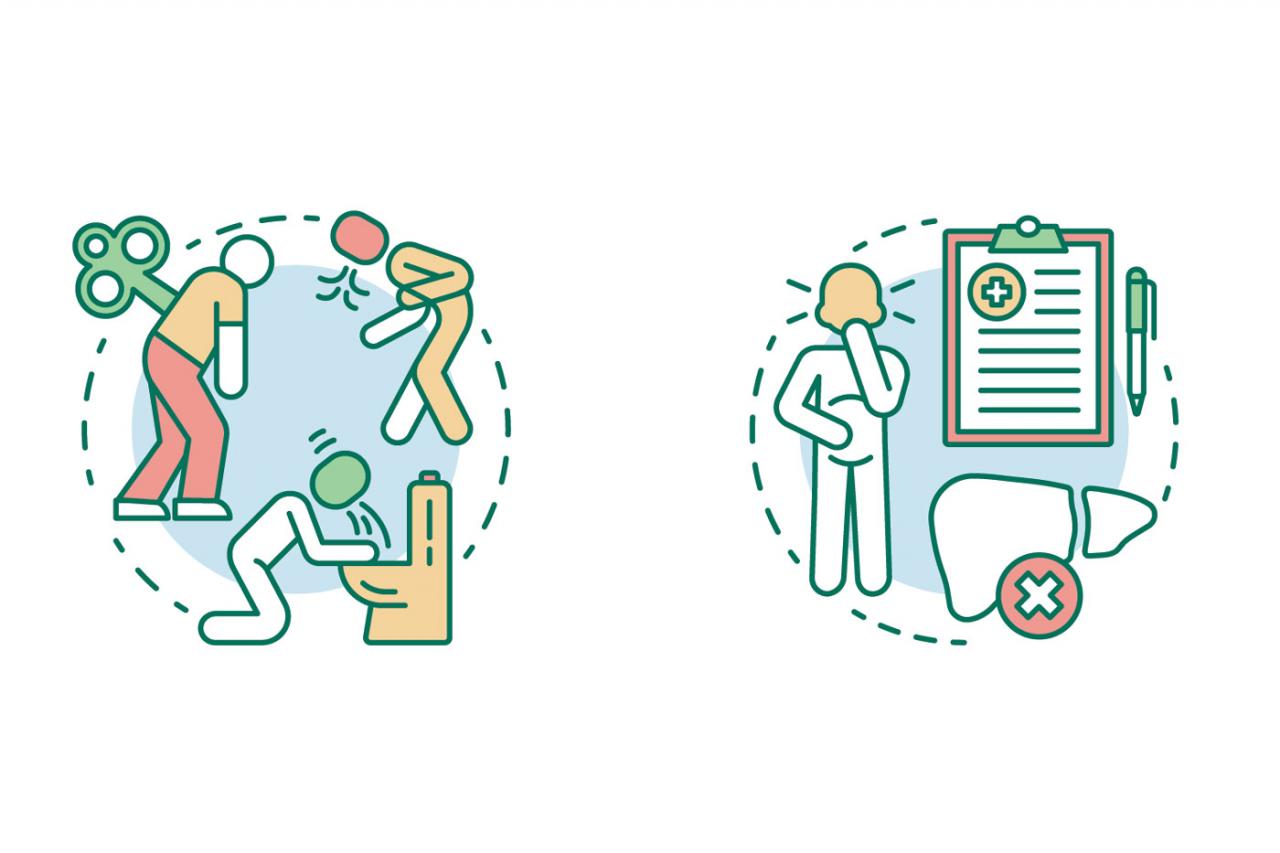
The new diet is one type of low-carb diet. In conditions of a deficiency of carbohydrates (their consumption is limited to 30-50 g / day), the body is forced to look for other sources of energy. The liver begins to convert fatty acids into ketone bodies, which become fuel for the brain and cells.
In practice, keto is suitable for both weight loss (especially for drying and getting rid of fat reserves without losing muscle mass), and for normalizing insulin production. In particular, the keto diet can be used in diabetes mellitus to control glucose levels.
What is the keto diet?
The keto diet is a diet that involves strict control of the amount of carbohydrates in your daily diet. While in ketosis, cells receive energy from fatty acid oxidation products rather than carbohydrates – which leads to a decrease in body fat.
Studies show that in the first 3-6 months, people who follow a keto diet experience more significant weight loss compared to those who follow traditional methods of losing weight and limiting daily calories.
Note that the keto diet is a more correct name for a number of popular diets. In fact, carbohydrate restriction is at the heart of many non-carbohydrate and low-carbohydrate diets – for example, the Atkins diet, the Kremlin
How does it work?
The main source of energy for most people is carbohydrate foods – bread, potatoes, cereals, pasta, fruits, etc. The hormone insulin, which is produced by the β-cells of the pancreas, is responsible for the delivery of processed carbohydrates from the bloodstream to the cells.
However, regular consumption of foods high in carbohydrates can lead to spikes in blood glucose levels – leading to a condition often mistaken for hunger. The result is overeating, which can lead to weight gain.
Controlling carbohydrates (and eliminating fast carbohydrates altogether) helps to not only normalize appetite, but also levels blood sugar levels – which is beneficial for a number of health parameters.
Pros and benefits

Among the possible reasons for the higher effectiveness of the keto diet for normalizing body weight, the following factors are noted2:
- decreased appetite due to high fat intake
- acceleration of resting metabolism in a state when the body is busy processing fatty acids into energy, including active breakdown of adipose tissue
- increased energy consumption for gluconeogenesis and maintenance of normal body temperature
In addition, the ketogenic diet can help normalize blood pressure and lipid metabolism – increase the level of high density lipoprotein (the so-called “good” cholesterol) ³.
Keto – Cons and Potential Harm

The harm of the keto diet is not due to the lack of carbohydrates in the diet as such. The consumption of carbohydrates in food is not necessary for human functioning – the brain, the most important organ of the body, can work successfully on ketone bodies.
A well-planned keto diet can provide the body with all the nutrients it needs, including vitamins, minerals, and phytonutrients. The problem is that eating a balanced diet is extremely difficult in the long run.
// Potential Harm Of The Keto Diet:
- dizziness and difficulty concentrating
- decreased performance and strength indicators
- bad breath of acetone
- an increase in the level of ammonia in the blood
- difficulties in digestion
- lack of certain vitamins
Liver problems
Ammonia is a by-product of the metabolism of amino acids that are part of the protein, which is found in the blood in small concentrations. An excess of its level by 2-3 times leads to toxic liver damage – especially against the background of high-fat nutrition and high levels of triglycerides in the blood.
Research suggests that, in addition to congenital diseases, high ammonia levels are associated with prolonged keto diets. In particular, a lack of fiber in the presence of a large amount of protein and animal fats is a danger – this increases the level of bad cholesterol.
Contraindications
A direct contraindication for keto is the presence of chronic liver and kidney disease.
The diet is prohibited for pregnant and lactating women, it is not recommended for excessive alcohol consumption, as well as when taking a number of medications – from drugs to control cholesterol levels to anabolic steroids.
Side effects
The transition to a state of ketosis, which occurs on the 3rd-7th day of carbohydrate withdrawal, is often accompanied by unpleasant symptoms called ” keto-flu ” – weakness, headache, muscle aches and cramps, constipation, frequent urination, and decreased concentration.
First of all, these symptoms are explained by a lack of cellular nutrition and the loss of electrolytes – sodium, potassium, magnesium and calcium. After a period of adaptation, these side effects usually disappear and do not have a long-term impact on health.
Systemic risks
Changes in metabolism and prolonged ketogenic nutrition can lead to the development of nephrolithiasis (kidney stones), an increased risk of fractures due to acidosis and dyslipidemia (increased levels of “bad” cholesterol and triglycerides in the blood plasma).
In some children and adolescents on a keto diet (in the treatment of severe forms of epilepsy), there have been cases of delayed physical development due to a decrease in the level of insulin-like growth factor. This condition was also accompanied by impaired calcium metabolism and bone weakness.
There is still insufficient evidence for the long-term safety and effectiveness of the ketogenic diet, so many experts recommend limiting the ketogenic diet over a period of 2–3 weeks to 6–12 months, while closely monitoring kidney function, cholesterol and triglyceride levels.

